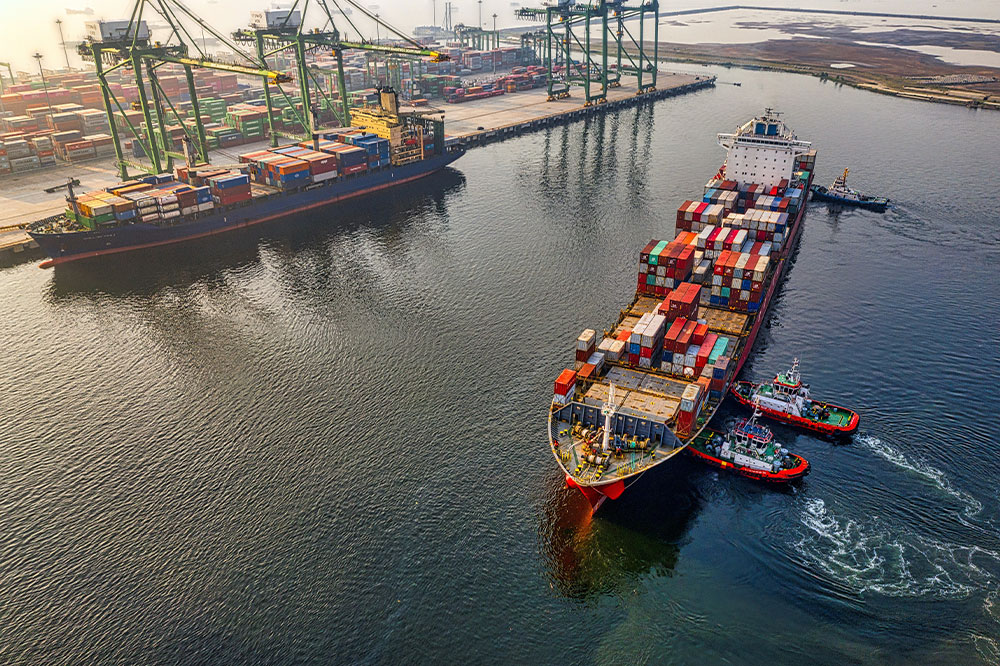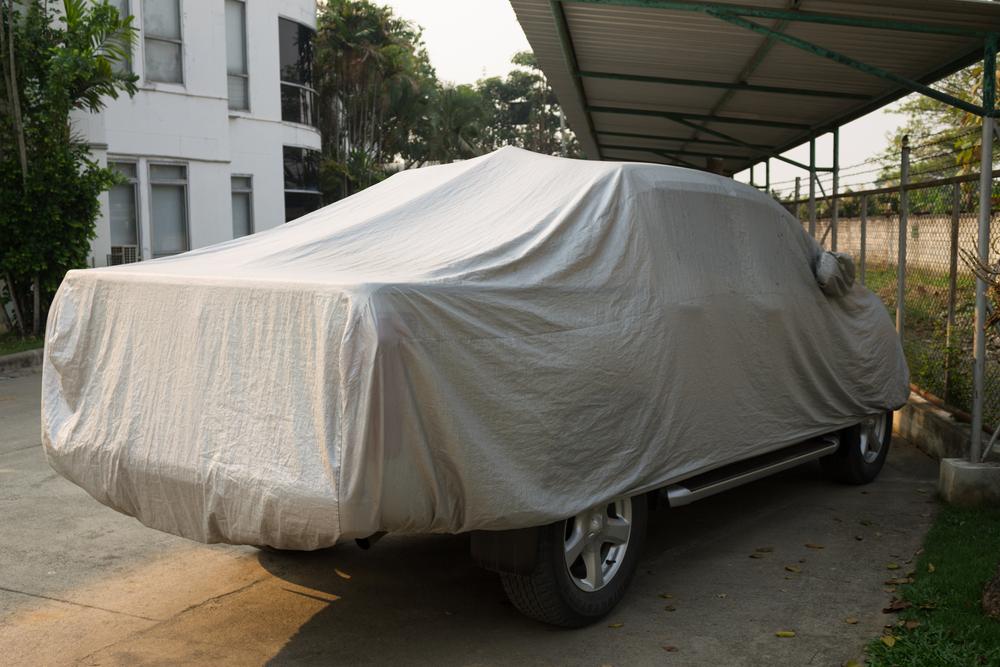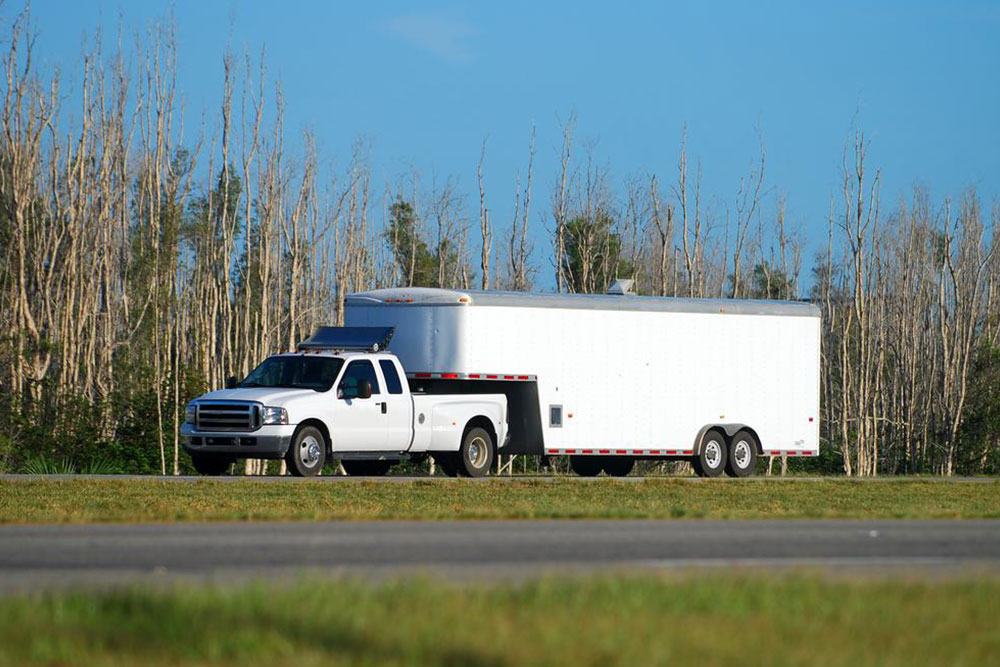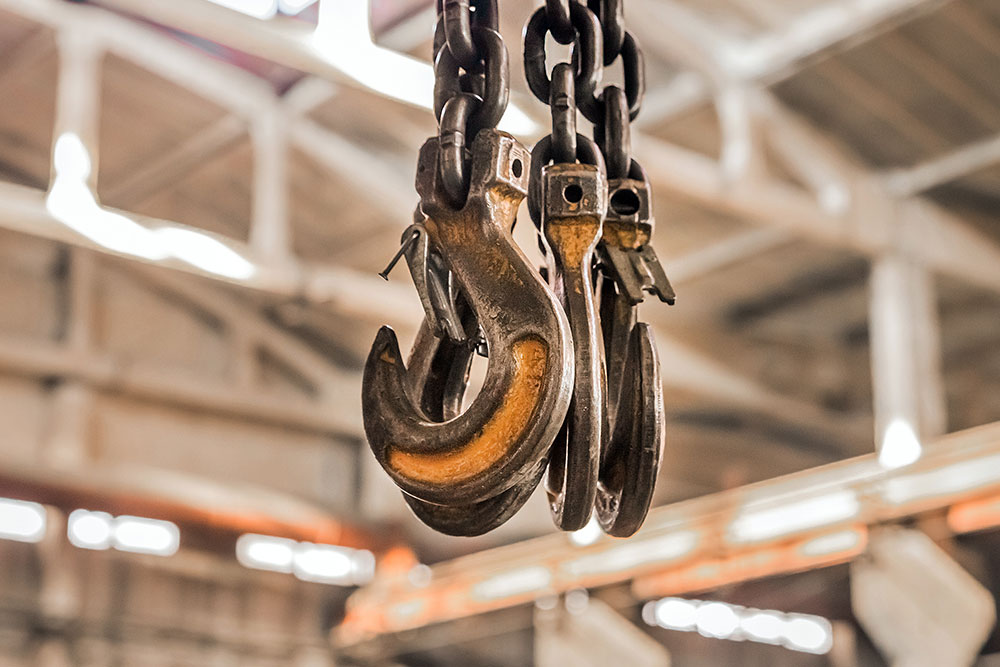Top 4 LTL Freight Shipping Mistakes to Avoid
Discover the top four mistakes to avoid in Less-than-Truckload (LTL) freight shipping. Learn how proper packaging, accurate weight estimation, and insurance can prevent costly issues. This guide helps shippers improve efficiency and reduce risks during transit, ensuring safe, economical deliveries for smaller shipments. Perfect for logistics professionals and small businesses alike, it offers practical tips to optimize LTL freight experiences.

Less-than-truckload (LTL) shipping involves transporting smaller freight shipments that don’t require a full truckload. It offers flexibility and cost savings by consolidating multiple shipments. However, navigating LTL logistics can be tricky, and certain mistakes can lead to delays or additional costs. Here are four common errors to avoid in LTL freight shipping.
Omitting pallets from shipments
Pallets help stabilize and safeguard cargo during transit by providing a flat support surface. While some shipments are directly loaded into containers, skipping pallets in LTL shipping can cause goods to shift, risking damage.
Misestimating shipment weight
Incorrectly estimating weight can lead to unexpected charges or reweighing fees. Accurate measurement guarantees proper classification and avoids costly penalties. Use precise scales or measure each package to determine total shipment weight accurately.
Neglecting shipment insurance
Insurance is crucial to protect goods against loss or damage during transit. Many shipers avoid it, but without coverage, damages may result in out-of-pocket expenses. Always consider insuring valuable or fragile items to mitigate risk.
Using inferior packaging materials
Goods often undergo multiple handling stages, increasing the risk of damage. Employing sturdy, appropriate packaging materials and ensuring proper packing techniques can prevent costly damages and protect cargo throughout the journey.
Being aware of these common mistakes can help ensure smoother LTL freight experiences, avoiding unnecessary costs and delays.
Note: Our blog provides insights across various topics. While our team strives for accuracy, readers should verify information independently for the most current details. We are not responsible for discrepancies or offers missed that may benefit readers.










